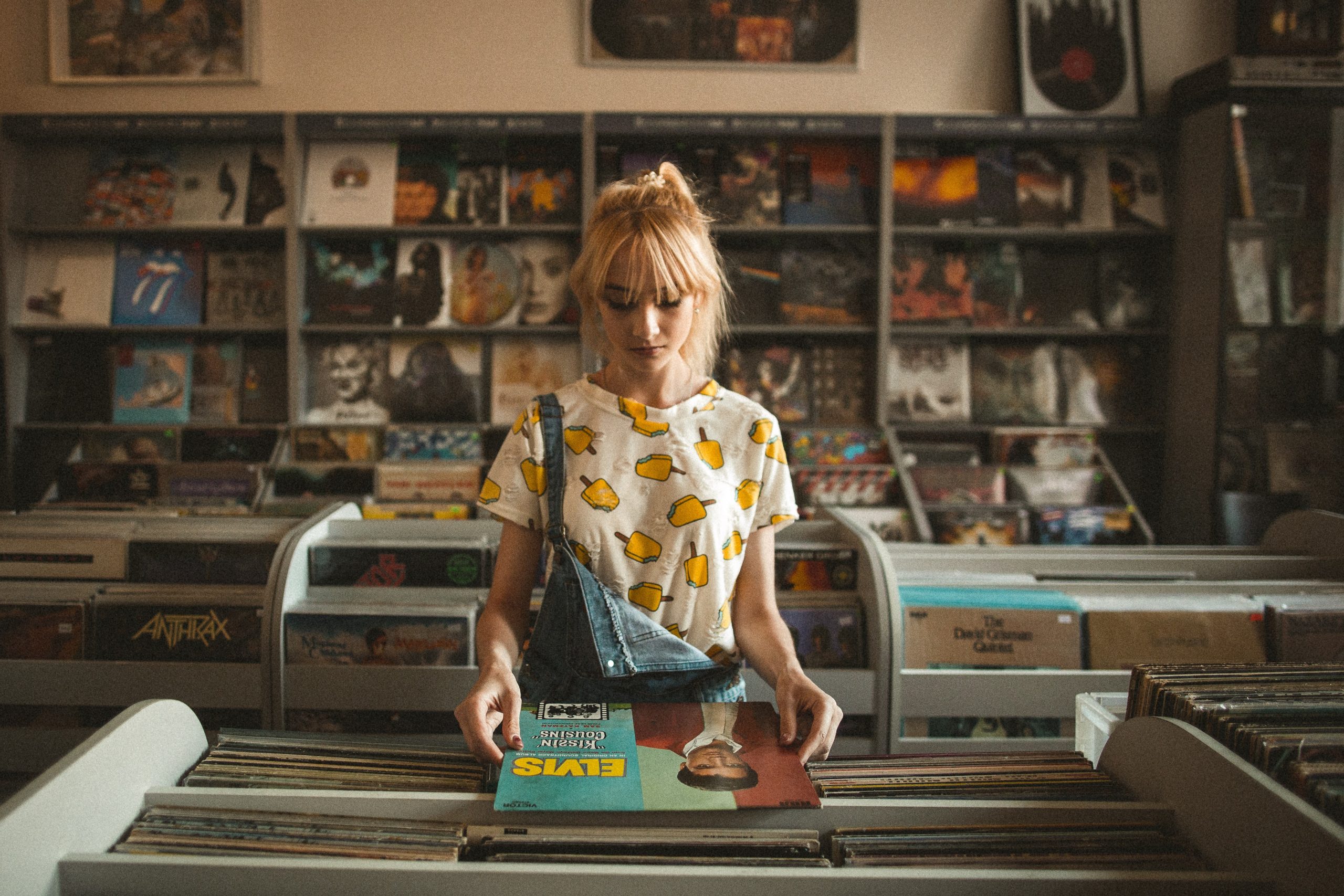By Ollie Chard
“I didn’t take no for an answer. I decided to send an email to everyone on the label and fight for my case. They relented and I’m here 16 years later” says Nadia Khan.
Here, she tells the story of being initially rejected from her current job because of sexism, and how she relented. Nadia is the founder of CTRL Records, as well as ‘Women in CTRL’; a platform designed to empower and connect women in music and the creative industry. She said: “It’s a testament to believing in yourself.”
Nadia is one of four panellists in ‘Cut Through’, the first of two music panels in the University of Gloucestershire’s Media Festival week. The event is focused around the challenges faced by women in the music industry, particularly in their early days. It’s hosted by final year student Charlotte Rogers.
Gwen Thomas is the youngest of the panellists, graduating only a few years prior, and encompasses exactly who the panel intends to uplift. Still in the budding stage of her career; “I love what I’m doing so I just want to see where this path takes me.”
Jess Partridge is the founder and editor of In Stereo group, a music platform with multiple publications, starting it at only twenty-three Alongside this, she is an ambassador for Keychange, a global network fighting for complete gender equality in the music industry. Jess is the first to raise the shared issue of being disregarded as a young woman in the business, saying “the hardest thing is not being taken seriously…I still find today I have to constantly prove myself.”
Magdalena Jensen elaborates on this, describing the sexism she experienced after moving to London two years ago: “bloody mind-blowing, it doesn’t look like that everywhere.”
The presence of Magdalena’s American accent marks her out from the rest of the panel. She is the co-founder of Chimes, an independent music agency, and has worked as a manager for many Polish artists. The discrimination she faced in her earlier years didn’t subside as she got older, saying; “once you’re over 30, everyone assumes you’re leaving to pop out a baby and never coming back.”
It is clear that industry experience is not without sexism for these women. Diversity is a contentious issue in the business. After hearing how diversity was supposedly so important to music figures after the surge of Black Lives Matter support, she said “my experiences in the industry wasn’t reflective of that.”
This led her to producing a report on the truth of diversity in the industry. Nadia admits “I was prepared to get cancelled… Maybe I’ll just change my career,” upon releasing the report. However, she found that music boards had upped the number of women working since its release; “It’s been an incredible thing to be a part of.”
Magdalena emphasises the importance of taking time for yourself in our current climate saying; “I’ve been through physical and mental burnout and it’s very difficult to come back from.” There was a surprising level of optimism found for the year ahead between the panel, despite the bleak position the music industry has found itself in since COVID-19; “I was starting to feel jaded about what I saw in the industry around diversity,” Nadia says: “but this year might be the best year” citing the potential for change that is now on offer.
The panel’s host, Charlotte, echoes this as a young hopeful in the music industry; “normal wasn’t working… We’re going back to make change for the better”.
As the event rounded up on the future of the music business, a strong idea of community between the women came up in the discussion. Speaking frankly, Magdalene added: “you have to put personal b*llsh*t aside and always stick up for each other”, emphasising the importance of “finding your tribe.” With the number of women succeeding as independent artists now declining, the post-Corona landscape may offer a much needed switch up for gender diversity in the music industry.
